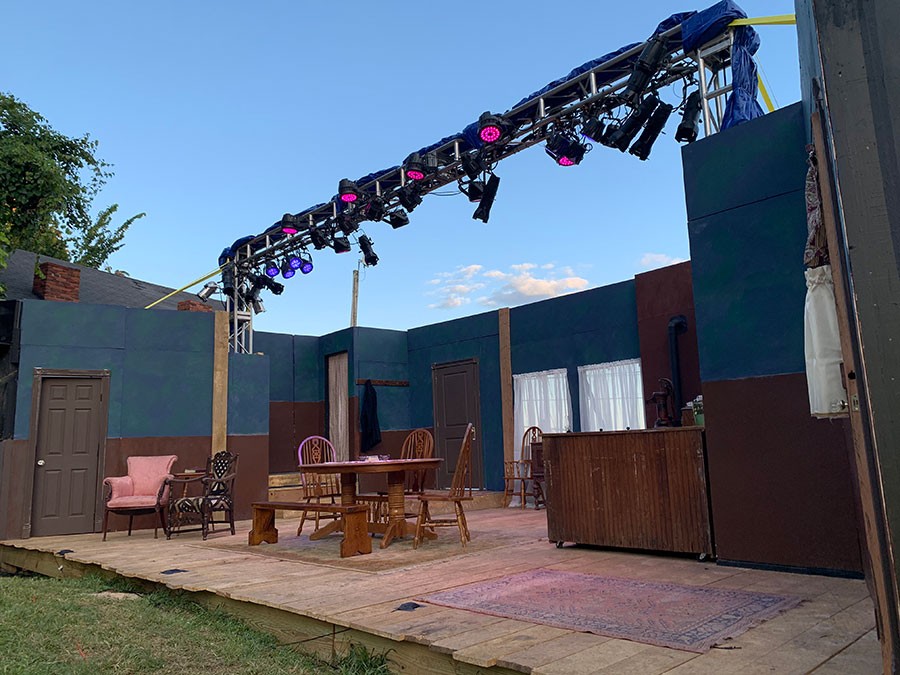


They said I couldn’t do that ’cause I still owed them money and they was gonna get the police on me. What I’m gonna do, Miss Tyler? I told the people at the mill I was gonna get another job. I had to give the man what own the house two dollars. Come payday they give me three dollars say the rest go on my bill. I ate half the bread and say I would get a bowl of soup tomorrow. I had sixty-five cents to make it payday. A bowl of soup cost ten cents around the corner. He say they supposed to give you something to eat. Then he put two men to a room with one bed. They sent us over to a place the man say we got to put two dollars on top of that. Then they say we got to pay two dollars room and board. They say they was paying two dollars a day but when we got there they say a dollar fifty. He’s technically a free man, but it’s as if he has been imprisoned by his own remorse over what happened with Garret Brown he is not, in other words, “living in truth.” It isn’t until he owns up to what he did that he can finally move on, indicating that there’s an emotional element to freedom: there’s literal freedom, which has to do with leading a life free of exploitation and oppression, and then there’s spiritual freedom, which has to do with emotionally liberating oneself by living honestly and acting with responsibility. What it means to be “right” with oneself remains ambiguous, but it seems related to integrity and “living in truth.” When Garret Brown dies in order to prove he didn’t steal a bucket of nails, for instance, Citizen-who actually stole the nails-feels tormented by his own guilt. The play also examines a more spiritual kind of freedom by suggesting that people have to be “right with themselves” in order to lead happy and rewarding lives. For him to experience freedom, then, everyone must also experience it, not just a lucky few. And later, he gives his life to free striking mill workers from jail, implying that his life wasn’t worth living while others weren’t free. After he escaped enslavement, he realized he couldn’t enjoy his life because his loved ones were still enslaved, so he devoted himself to freeing people by working on the Underground Railroad. For example, Solly’s own freedom means nothing to him if those around him still suffer. But simply breaking out of this debt cycle isn’t enough for the characters to feel free. Structurally, this isn’t all that different from enslavement. Citizen Barlow shows this best the local mill intentionally saddles him with debt so that he has to work to make up for it, effectively forcing him to provide free labor. In the most literal sense, this means economic freedom. While none of the play’s characters are legally enslaved, they struggle to understand whether they’re actually free. In Gem of the Ocean, the meaning of “freedom” is in dispute.


 0 kommentar(er)
0 kommentar(er)
